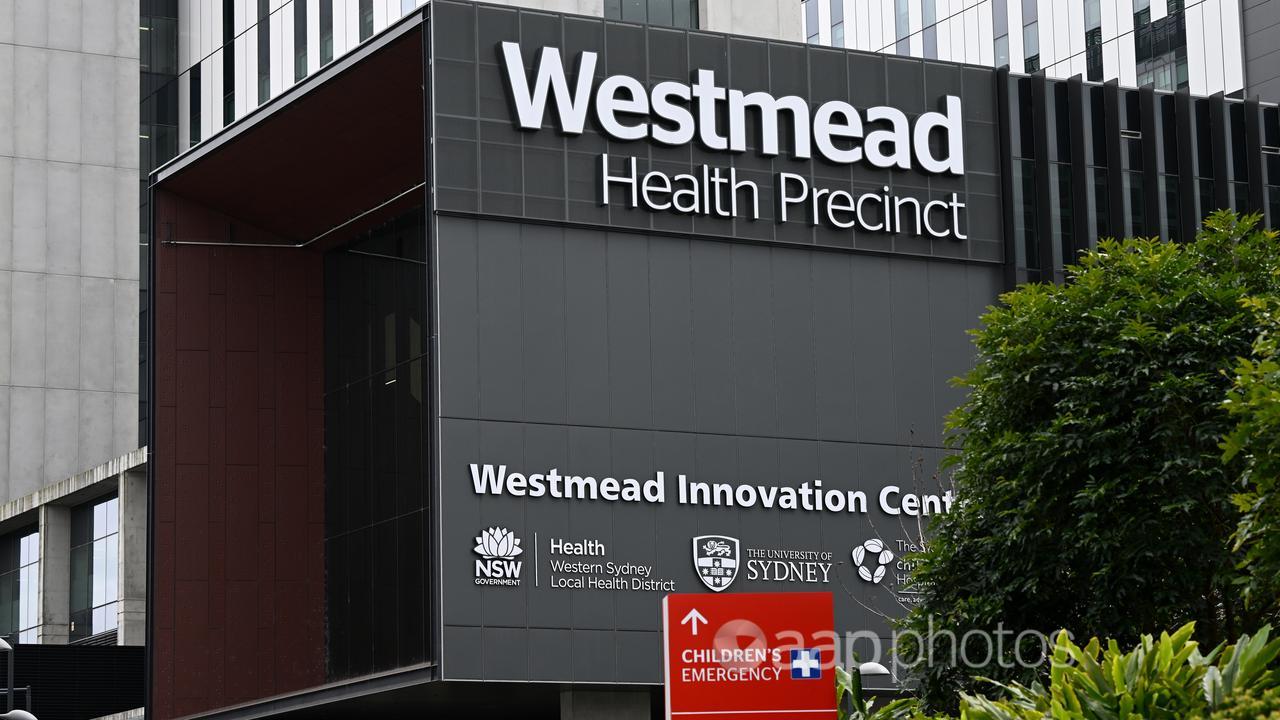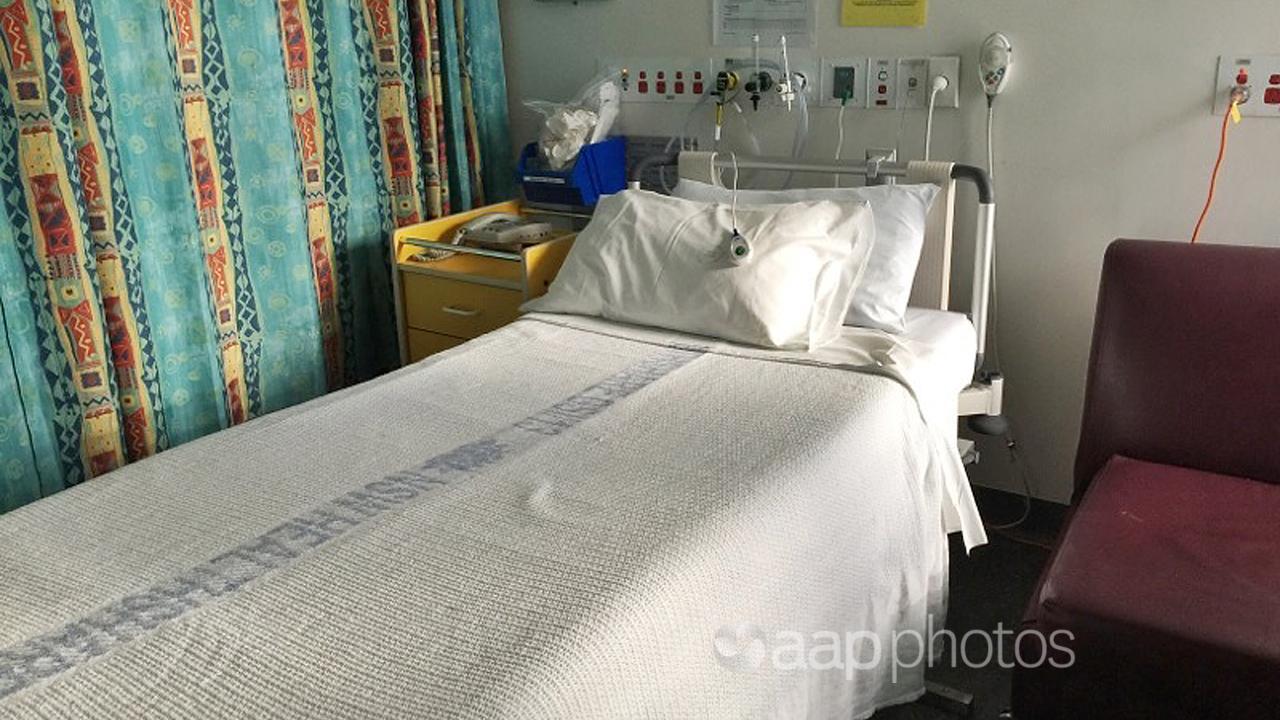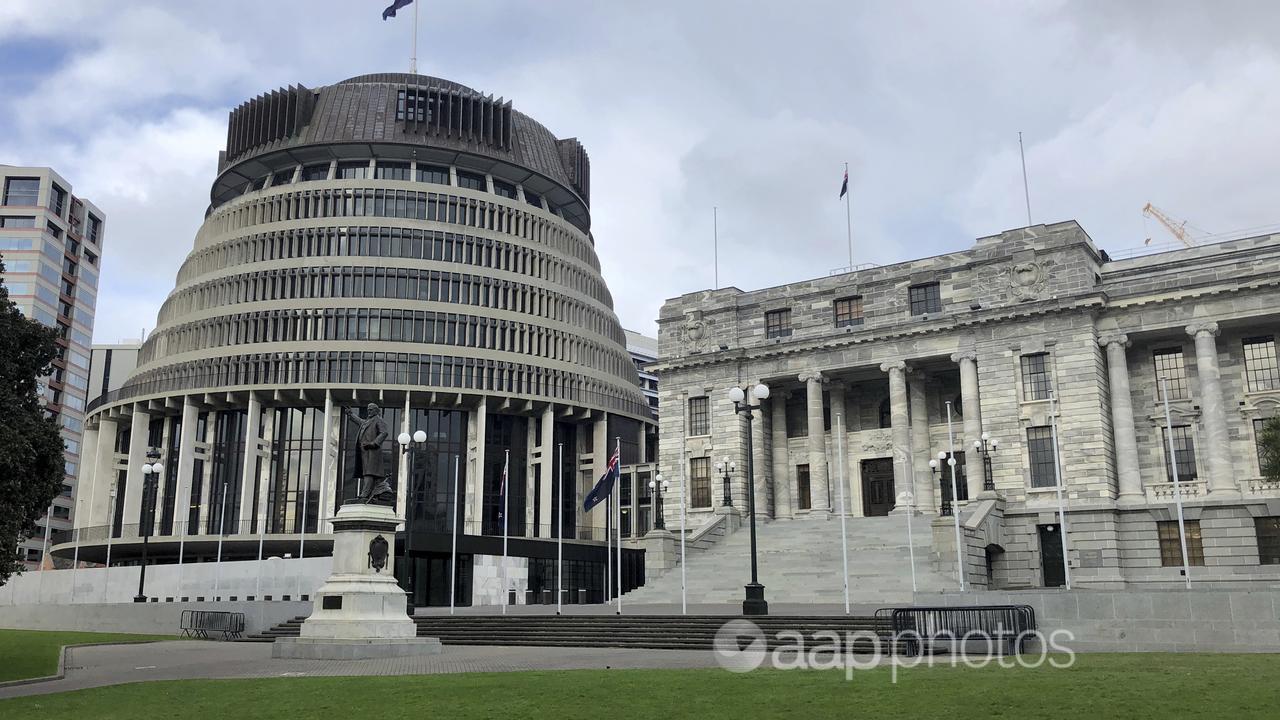New mothers experiencing mental distress may have to be treated in general psychiatric units separated from their babies as a mass resignation of public sector psychiatrists impacts the entire system.
About 200 public hospital psychiatrists are poised to resign from NSW Health, while there are already 140 long-term vacancies in the state system.
The dispute will go before the Industrial Relations Commission on Tuesday after the Minns government sought an urgent hearing.

Ariane Beeston was admitted to a private mother and baby psychiatric unit after she experienced postpartum psychosis, a rare but very serious mental health condition.
Now an advocate for perinatal care at the Centre of Perinatal Excellence, she wrote about her experience with psychosis in a 2024 memoir.
Ms Beeston said the closure of beds at public mother-baby units, established to provide care for women experiencing significant mental health problems in the perinatal period, would have long-term implications.
“We know from the clinical guidelines that, where possible and it’s safe to do so, mums and babies should be admitted and treated together,” Ms Beeston told AAP.
“The concern now is that women would need to be treated in general psychiatric units where they would be separated from their babies, which is incredibly traumatic at a vulnerable time.”
There are two public hospital mother-baby units in NSW, one at Westmead and the other at Royal Prince Alfred.
The Westmead unit has already had to shut its eight beds due to staff shortages.
Ms Beeston said mother-baby units in public hospitals were critical to helping mothers who can often be overlooked.
“Suicide is one of the leading causes of maternal deaths so these units are critical to making sure we prevent these tragedies,” she said.
Treatments such as electroconvulsive therapy (ECT) used for complex and severe mental health conditions may not be able to continue in some public hospitals.
ECT can be used to treat mental health conditions including severe postpartum depression and psychosis in situations where medication has not been effective.

UNSW Professor Colleen Loo worked as a psychiatrist in the NSW public hospital system for 29 years.
She said problems in the system had been looming for at least 10 years and would only be exacerbated by the resignations.
“It’s the most severely ill people who are going to be impacted by this … those who can’t provide voluntary consent (for treatment) can’t be treated privately and need these specialised services in the public sector,” she said.
“There will be people who are unwell who will fall through the cracks and sometimes with tragic consequences to themselves and/or other people.”
Rather than the resignations being about money, Professor Loo said they were to draw attention to issues in the state’s mental health sector and not just continue “business as usual”.
Premier Chris Minns said the state could not afford the 25 per cent pay rise psychiatrists were asking for and blamed the coalition government’s wages policy for suppressing public-sector pay for 12 years.
Mr Minns said in the long term, the government would look to employ more counsellors, psychologists, mental health and clinical nurses to have a greater role in assessing and treating patients.
But psychiatrist Dr Chris Ryan said while he welcomed more allied health staff, they couldn’t provide the services of a psychiatrist such as prescribing medications or utilising powers under the state’s Mental Health Act.
“In the wards, there will be significant bed closures. You can’t have beds if there are fewer people to staff them,” he said.
“People will spend their whole admission in the emergency department which is a terrible place to be if you’re suicidal or in a psychotic state.”
Perinatal psychiatrist Professor Rohini Vasudevan said the closure of beds in the mental health sector was unconscionable.
“The risk of untreated mental illness can be devastating, particularly in the perinatal period,” she said.
“The consequences are dire and to pretend that the resignations will not have an impact on patient care is simply not true.”
Lifeline 13 11 14
beyondblue 1300 22 4636



















